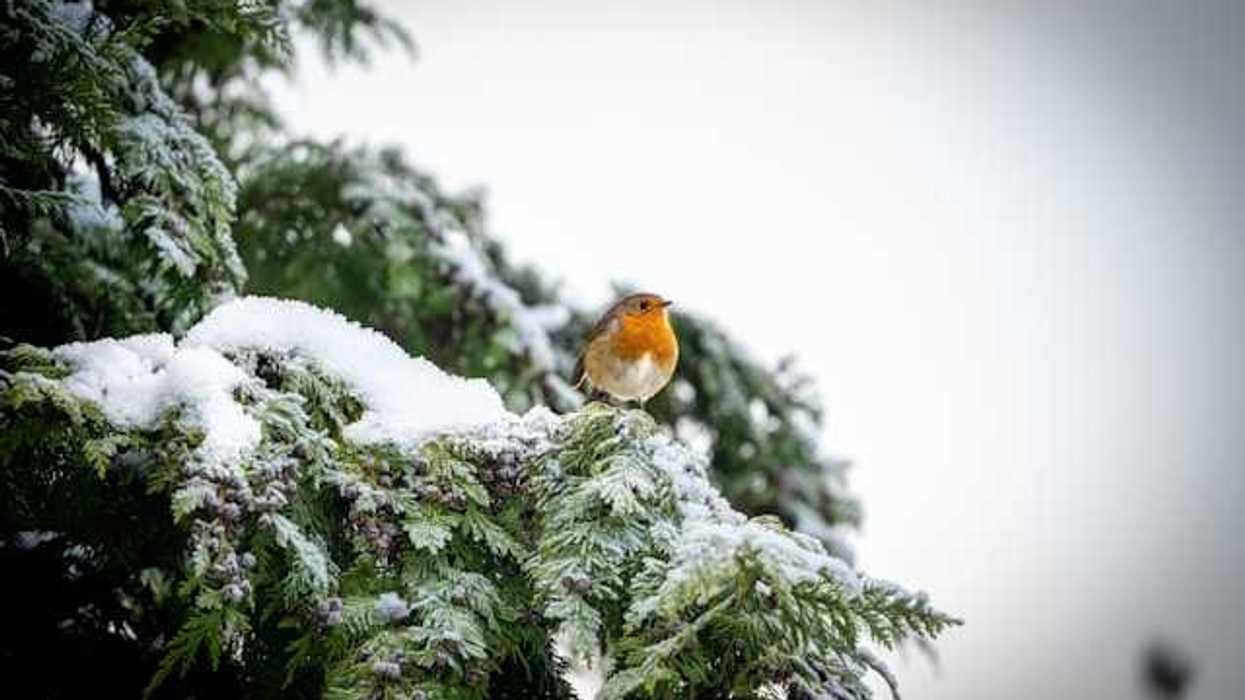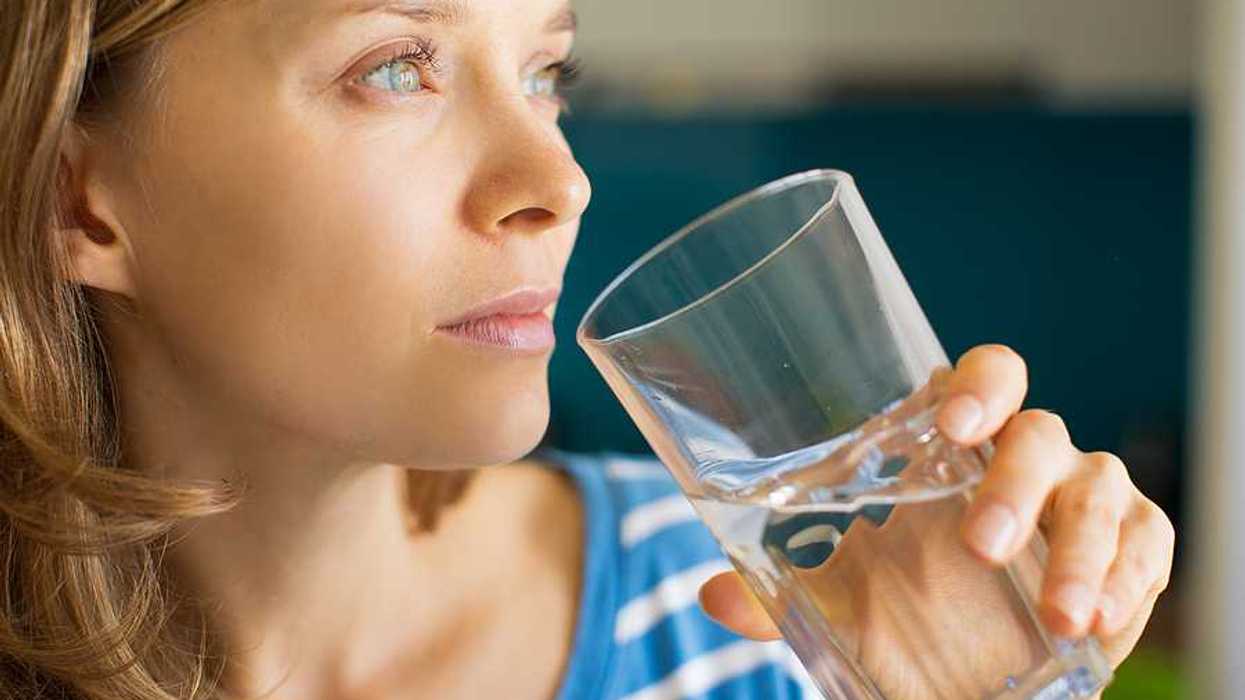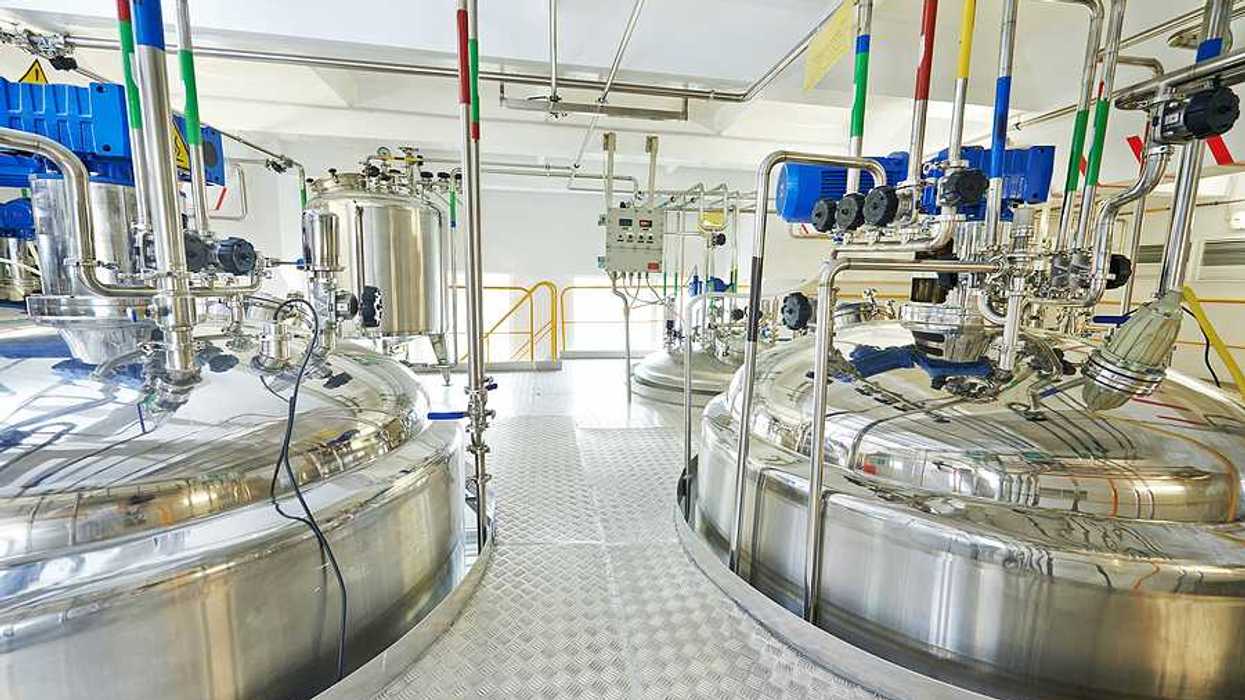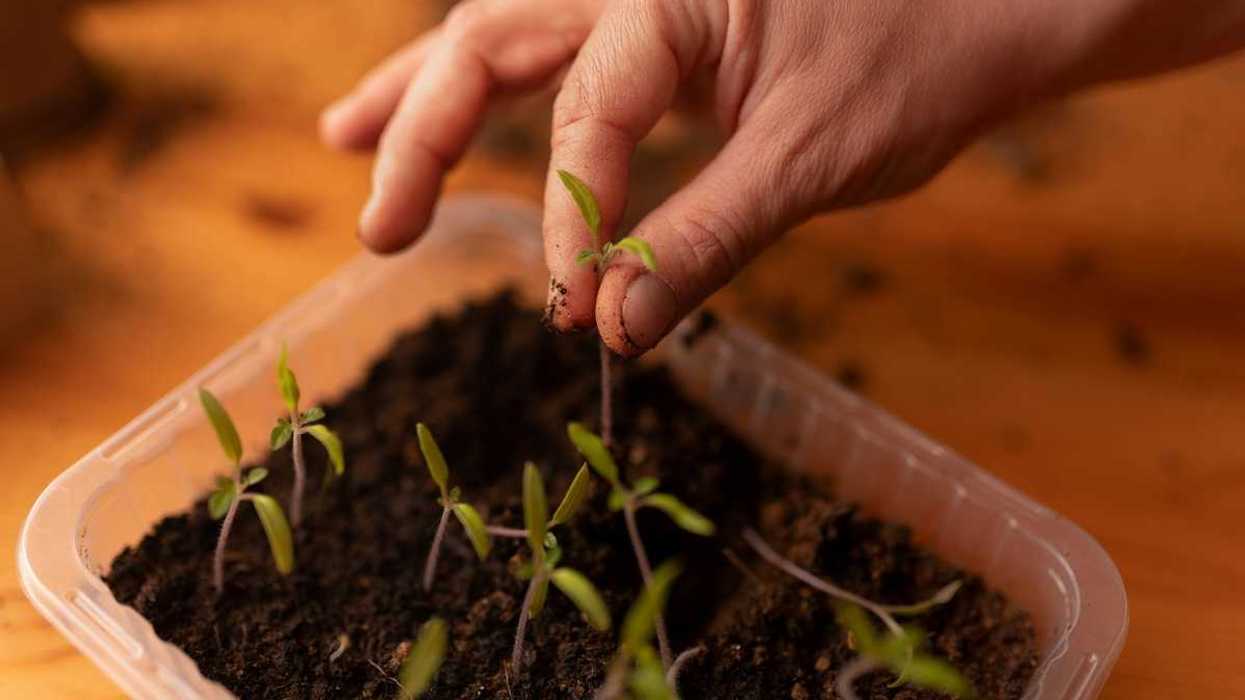A collaboration between Vancouver Island University and the Canadian Food Inspection Agency seeks to improve biotoxin testing in seafood to protect Indigenous food sovereignty.
Michelle Gamage reports for The Tyee.
In short:
- Indigenous communities relying heavily on seafood face higher risks from paralytic shellfish poisoning (PSP).
- Current testing is slow, expensive and inaccessible for remote areas, prompting research into portable kits.
- Researchers are exploring alternative seafood sources like sea urchins, which may not absorb dangerous toxin levels.
Key quote:
"Could we eventually get a test that’s reliable and easy to use like a pregnancy test or COVID RAT [rapid antigen test] into Indigenous communities which could tell people if the seafood is safe to eat? That’s our aim."
— Timothy Green, Vancouver Island University's Canada Research Chair in shellfish health and genomics
Why this matters:
Remote Indigenous communities depend on seafood for cultural and nutritional needs but are vulnerable to biotoxins. Improved testing methods could help safeguard these communities from the health risks of PSP and preserve their traditional diets.
Related: Dieldrin dilemma: How dated science and fish-eating advisories may be putting brains at risk














